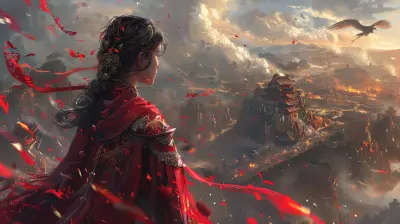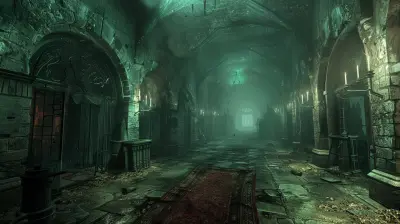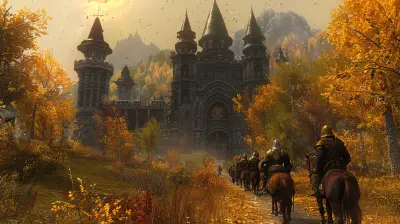How Character Development Changed Modern Gaming
2 August 2025
Let’s be real for a second—we’ve come a long way since the days when Mario’s entire personality could be summed up by his mustache and a serious addiction to rescuing princesses. Not to say we didn’t love it (we did, we still do), but something magical has happened in the gaming world over the last few decades. Characters actually have, wait for it... depth.
Yes, folks, character development has swooped into modern gaming like a plot twist we didn’t see coming. And it’s changing the game—literally. Let's dig deep (but not too existential) into how storytelling and detailed character arcs are making our gaming experiences richer, more emotional, and sometimes even a bit too real. Grab your favorite health potion, and let's break it down.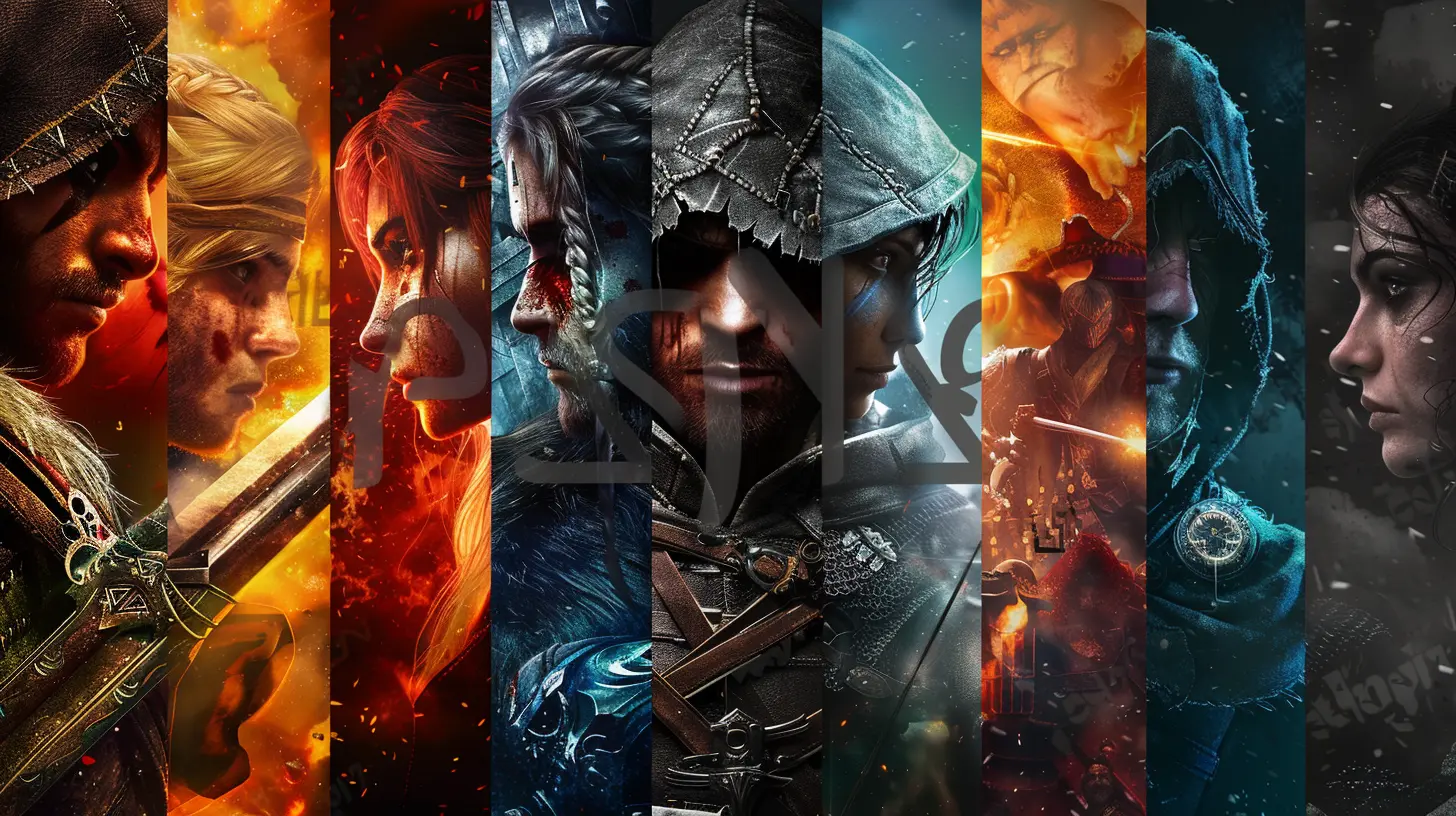
The Pixelated Past: When Characters Were Just Sprites with Special Moves
Ah, the good old days. Think 8-bit and arcade machines that basically said, “Hey, save this person or fight that dude.” Games back then were simple joys. Characters like Pac-Man and even early versions of Link had charisma, sure, but you weren’t exactly crying over their traumatic childhoods—because they didn’t have any.Their personalities were basically:
- Likes to jump
- Hunts ghosts
- Has a cool sword
There’s nothing wrong with simplicity, but developers eventually thought, “What if... gamers actually cared about the why behind the mission?” And that question cracked open the treasure chest of character development.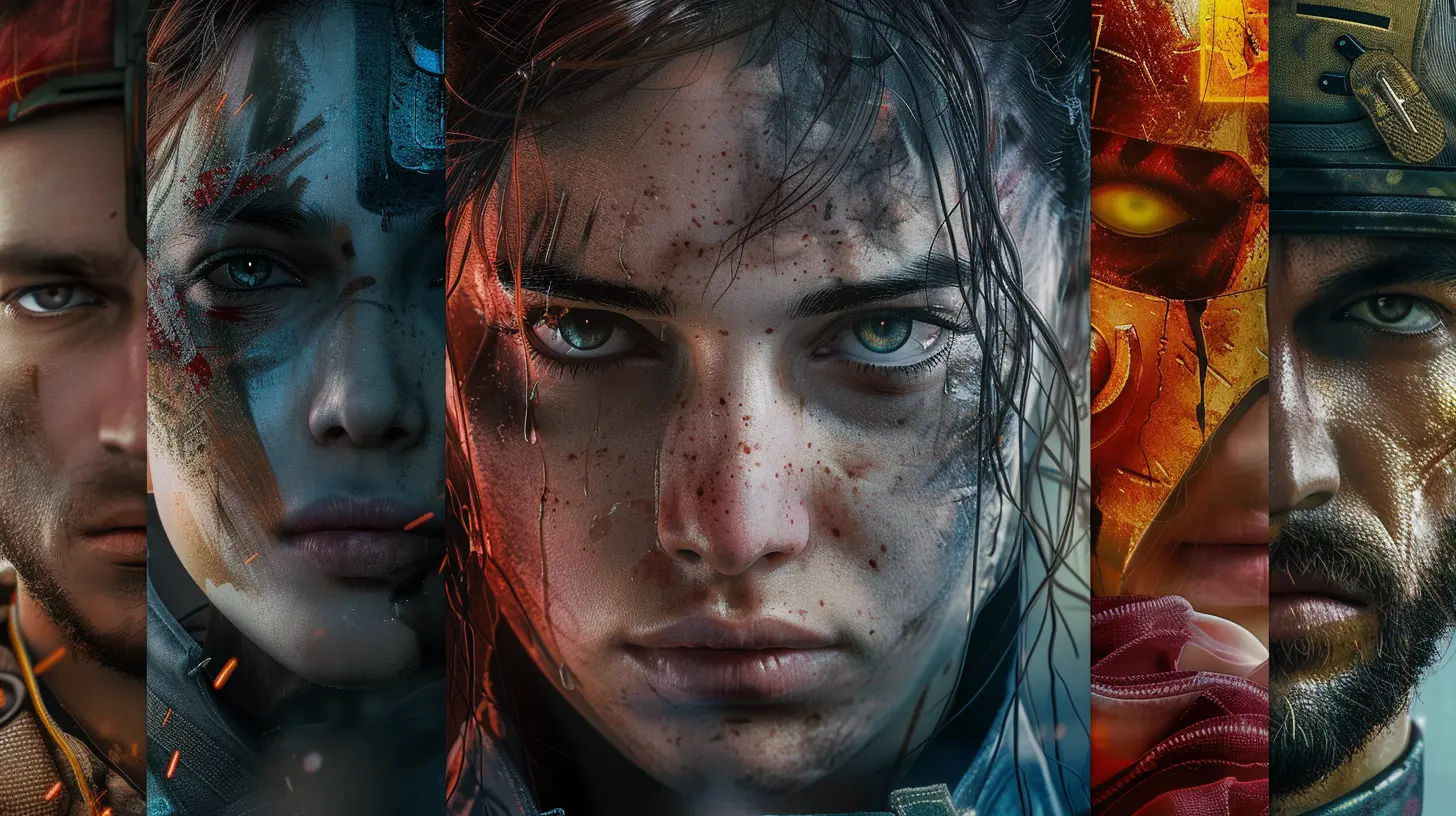
Enter the Feels: The Rise of Story-Driven Games
Fast-forward a few years, and boom—games started reading like epic novels. Emotional turmoil, morally gray decisions, and backstories that hit harder than a Dark Souls boss.Think about it:
- The Last of Us didn’t just throw you into a zombie apocalypse. It made you feel it.
- Mass Effect made your decisions carry weight, altering relationships and outcomes.
- Red Dead Redemption’s Arthur Morgan went from outlaw to a Shakespearean tragedy wrapped in cowboy boots.
Suddenly, playing a game wasn’t just about winning. It was about experiencing. We connected with these characters like they were real—because they were written like real people. Flawed, emotional, and always evolving.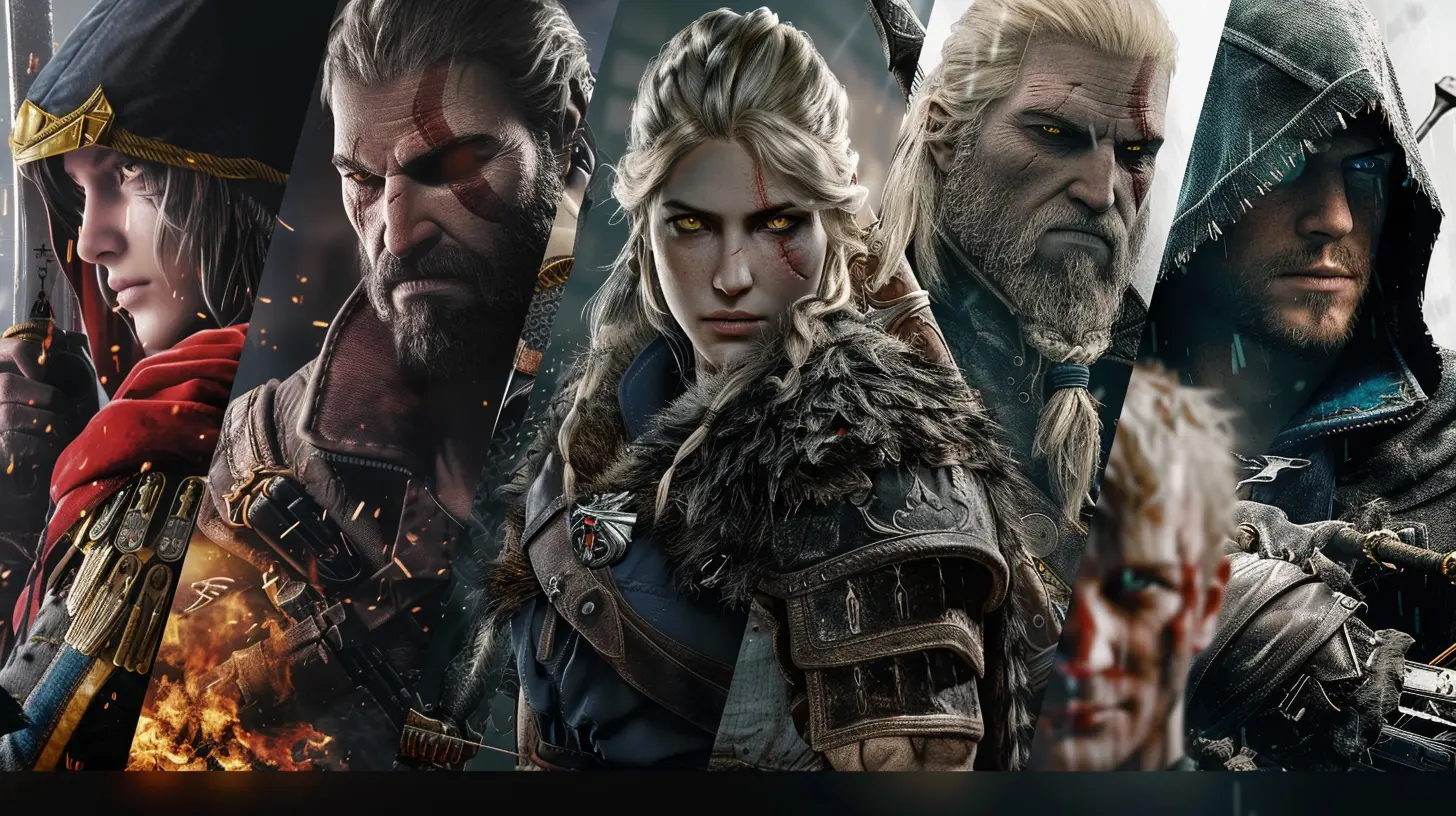
Why Character Development Hits Us Right in the Gut
So, why does character development matter so much in modern gaming?Well, let’s break it down with some good ol’ fashioned reasons:
1. Emotional Investment
When a character grows, we grow with them. Watching them become better, worse, or just...different, pulls us in deeper. It’s like binge-watching your favorite TV show, except you get to be the character. You laugh with them, cry when they die (RIP Ghost), and shout at your monitor when they make dumb choices you wouldn’t (or would?) make.2. Player Choice Becomes Powerful
In games where the story changes based on your decisions, character development goes next level. You’re not just observing; you're shaping the journey. Think of it like a digital "Choose Your Own Adventure" book—but instead of flipping pages, you’re making life-or-death decisions that impact your character's personality, loyalty, and fate.3. Replays Aren’t Repetitive
In games with strong character arcs, replaying doesn’t feel stale. Why? Because you catch stuff you missed. “Ohhh, that’s why they reacted that way!” Once you understand who the character is, suddenly their actions from early gameplay become Easter eggs. And who doesn’t love a good Easter egg?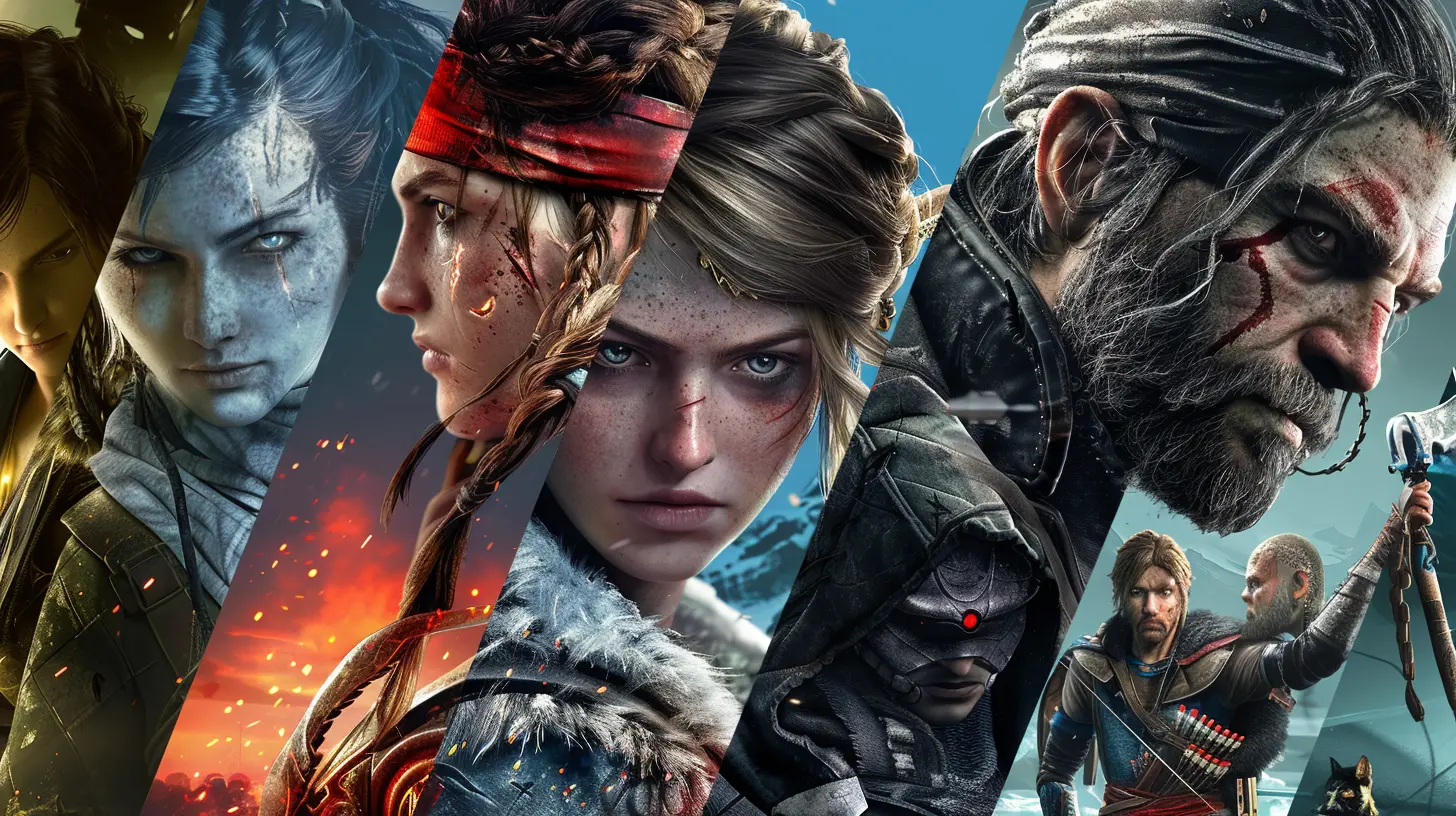
The Evolution of “Silent Protagonist Syndrome”
Let’s talk about the "silent protagonist." This was a big thing back in the day. Developers didn’t give characters a voice because they wanted you to be that person. Games like Half-Life and early Zelda titles embraced this. But over time, players craved more personality. Silence wasn’t mysterious anymore—it was just awkward.Now? Even when characters are customizable (looking at you, Cyberpunk 2077), they still have voice lines, backstories, and unique perspectives. Developers realized players don’t lose immersion just because a character has feelings—in fact, it enhances it. Funny how that worked out.
NPCs That Actually Matter (No Offense, Skyrim)
Let’s not forget how character development has changed non-playable characters (NPCs), too. In the past, NPCs were basically glorified direction-givers.“Welcome to town, traveler!”
Cool, thanks. Now get out of the way.
But in modern games, NPCs feel alive. They’ve got motivations, routines, and actual consequences tied to their fates. Games like The Witcher 3 and Disco Elysium make even side characters feel like they belong in a short story collection. Heck, sometimes the side quests have better character arcs than the main one.
Character Development = Better Gameplay
Here’s the secret sauce: when characters develop, gameplay gets better. Not just story-wise, but mechanically.Upgrades That Reflect Growth
Character progression isn’t just about unlocking better gear anymore. It’s about aligning skills with development. If a character becomes hardened by war, maybe their combat abilities get more aggressive. If they’ve embraced stealth and growth, maybe you unlock new tactical options.Morality and Mechanics
Games like Detroit: Become Human or Life is Strange integrate character development right into the core mechanics. Your choices reflect not just on the world, but on who your character becomes. It’s like dragging your moral compass through a maze of impossible decisions.Character-Driven Worlds Keep Us Coming Back
Ever played a game and wanted to live in its world just to hang out with the characters? That’s not an accident. Developers now build universes where the characters are the soul of the experience.Fan Favorites Become Franchises
Let’s be honest, you don’t just play Uncharted for the treasure hunting. You play it because Nathan Drake, Elena, and Sully feel like family (slightly dysfunctional family, but family nonetheless). Strong characters create fan bases that stick around, draw fan fiction, and spend way too much at Comic-Con.Indie Games Are Nailing It Too (Don’t Sleep on Them!)
Sure, AAA titles get a lot of praise, but indie developers are out here crafting some of the best character arcs in gaming. Games like:- Undertale (where your mercy or wrath shapes relationships)
- Celeste (where the main character battles literal and emotional mountains)
- Hades (where dying is just part of character growth—both emotionally and literally)
These games prove you don’t need a massive budget to create meaningful characters. You just need heart. A lot of heart.
Future of Character Development: AI, Choice, and Consequence
So where do we go from here? With the rise of AI and procedural storytelling, we’re heading toward games where characters can evolve dynamically based on real-time input. Imagine an RPG where your companion doesn’t just remember your choices—they learn from them.That’s both thrilling and a little terrifying (especially if your digital BFF becomes smarter than you). But hey, who needs therapy when your favorite RPG character is helping you work through your trust issues, right?
Final Thoughts: We Game Because We Care
At the end of the day, gaming has become more than entertainment. It’s storytelling, it’s connection, it’s a mirror held up to our feelings—and it’s all possible because developers dared to give characters layers. Real ones. Complex ones.Every player has that one character who left a mark. Maybe it’s Geralt, Ellie, Arthur, or a little goat-boy from Undertale. Whatever the case, in a world full of loot boxes and speed runs, character development reminds us why we fell in love with gaming in the first place.
So next time you're mid-quest and your companion turns to you and asks, “Do you really believe what we’re doing is right?” maybe pause for a sec. That’s not just a line of dialogue.
That’s storytelling evolving. That’s character development changing modern gaming.
all images in this post were generated using AI tools
Category:
Best Game CharactersAuthor:

Luke Baker
Discussion
rate this article
2 comments
Colette McQuillen
What a fantastic read! Your insights on character development truly highlight its transformative role in modern gaming. It’s amazing to see how deep narratives and relatable characters enhance our gaming experiences. Thanks for sharing this thought-provoking perspective—can’t wait to see what you explore next! Keep up the great work!
December 4, 2025 at 5:09 AM

Luke Baker
Thank you so much for your kind words! I'm glad you found the insights valuable. I appreciate your support and look forward to sharing more!
Roxanne Fuller
Character development truly enhances our connection to stories, making gaming experiences unforgettable. Thank you!
August 3, 2025 at 2:19 PM

Luke Baker
Thank you for your insight! Character development really does create deeper connections and enriches the gaming experience.
